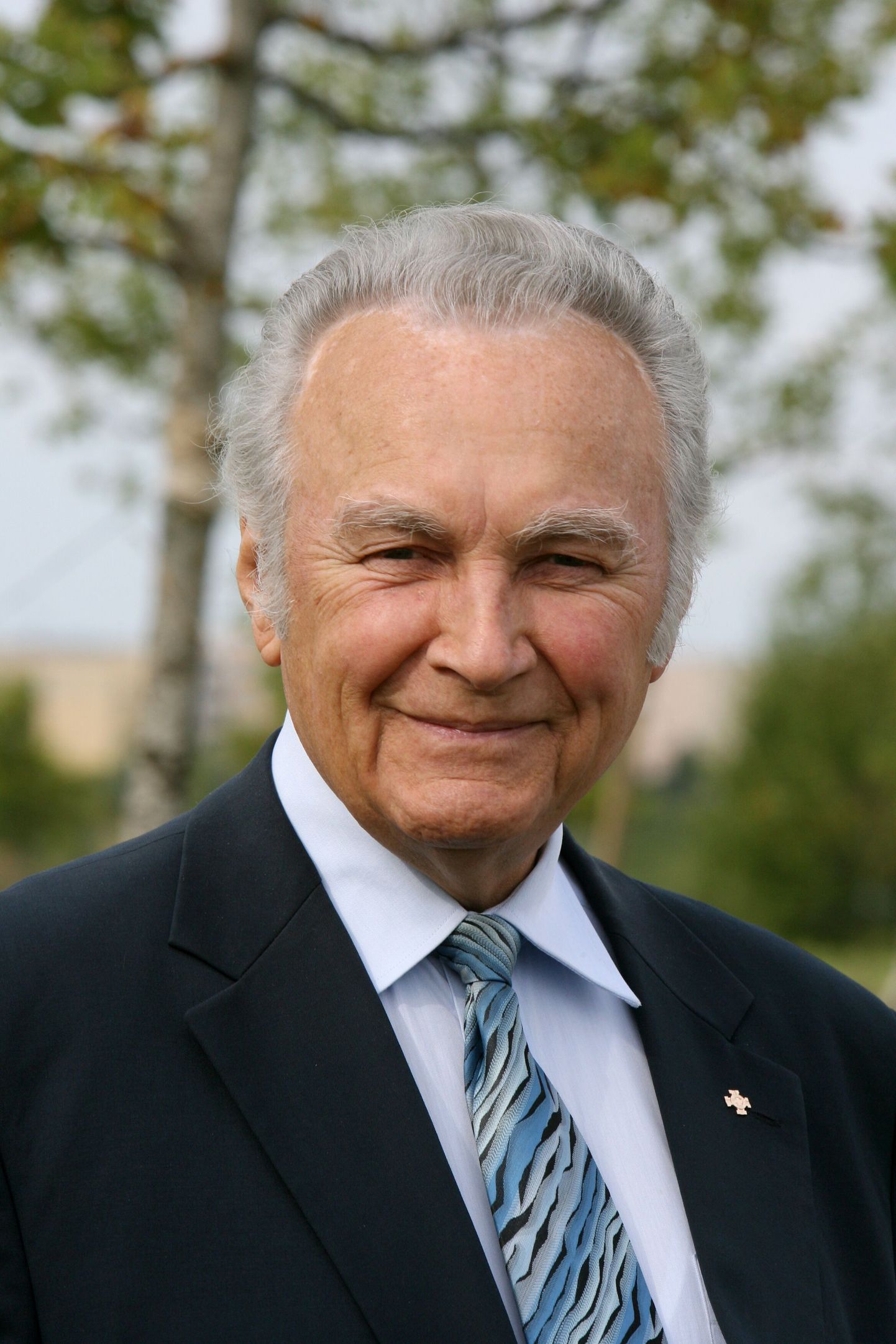During Perestroika, work started on a new Soviet constitution. It was finalised, and sent to the Soviet republics for ratification. Estonia, however, returned the document to Moscow and said they could ratify their law in Moscow, but it would enter into force in the Estonian Soviet Socialist Republic only if registered by the Presidium of our Supreme Council, and that we would base its ratification on international law. And there was nothing Moscow could do about it – at the time, the Supreme Council was headed by Arnold Rüütel.
How did you talk Mr Rüütel into doing the book?
Mr Rüütel resisted for a long time, till last autumn. Then, however, the wheels started turning, with endless conversations happening into the early hours. Why he changed his mind, I cannot say for sure.
During the conversations, I discovered another Arnold Rüütel. Not the one known for the lengthy, drawn-out sentences and called a communist by opponents. Rather, a person sitting up till late at night, talkative, alert and active. Cracking jokes, using swear words.
But Mr Rüütel did belong to the Communist Party of the Soviet Union.
In a small State like Estonia, we can’t keep hammering on about who was who and what not. It was double play, often – you say one thing, think another, do a third. He played an important role in Estonia’s re-independence, and now he’s also talking about it. The more people talk, the clearer the picture becomes; a large part of our contemporary history is still not talked about.
